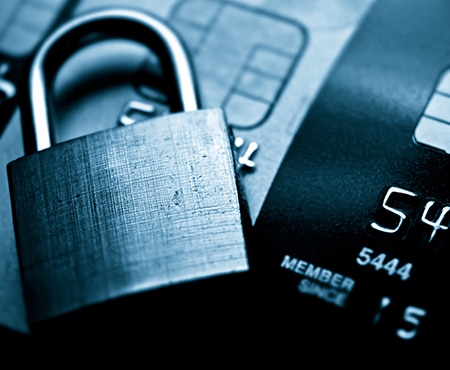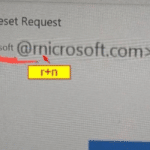
PCI is an important standard to follow, especially when it comes to a growing business and owning one; the safety and security of your and your customer's sensitive information and data is a high priority, especially when regarding card payments.
Trust is the most valuable part of a customer relationship—especially when customers share their payment information online. Once you make a mistake, building that trust back with your customers is extremely hard.
To combat this, the standard PCI DSS protects both customers and businesses. All companies involved in processing payments need to comply with the Payment Card Industry Data Security Standard to safeguard cardholders.
When considering whether you or your business need to comply with PCI-DSS, it is advisable to ask: 'Do I Store, Process, Transmit, or Affect the security of cardholder data?'
If the answer is YES to anything of the above, the probability is 'Yes, you do have to comply'. The next question you need to ask yourself
is: 'What do I need to do to become PCI Compliant?' To understand this, you will first need to scope your cardholder data environment and all the processes and systems components involved.
Such an environment comprises people, processes, and technology that handle cardholder or sensitive authentication data. That is a considerable amount of information that needs to be maintained securely, meaning numerous PCI controls must be introduced to ensure the cardholder's data and information are sustained safely. To also uphold this, regular auditing and testing are required to keep the highest level of security when dealing with personal information. This is needed on an ongoing basis and can cost an organisation both time and money to implement, but it will be more cost-effective in the long run.

Although PCI compliance is not a choice for any organisation when processing card payments, a robust PCI de-stopping solution is imperative in making it effective. Below are some benefits that come with installing this system.
1. It Gives Customers Peace of Mind
PCI DSS compliance helps reduce the risk of data breaches. This minimises your worries and, in turn, allows you to concentrate on your day-to-day business operations. Customers also enjoy this peace of mind, as they can entrust you to keep their data safe and secure.
2. It Minimises the Risk of Breaches
Implementing PCI DSS ensures that all the channels that your business uses to engage with customers are safe. It involves assessing your website and regularly updating it to get rid of all weaknesses that risk exposing your cardholder information and data.
3. It Delivers a Security Standard
PCI DSS provides businesses with a security requirements baseline that allows them to know where to start when creating their security program and what to do in case of a potential security breach. It also provides a guideline to help you understand how to handle your customer data.
4. It Saves You Money
Reducing your risk of a data breach may save you a lot of money in the long run. Data breaches can come with heavy fines. You may also have to pay for replacement credit cards, compensation for your customers' losses, audit fees, and investigation costs. All of these costs can be pretty overwhelming, even no matter the size of your business.
Overall it is important to be PCI Compliant to keep yourself and your customer's data safe and secure. If you wish to learn more about PCI and how we, Silver Lining, can help, please don't hesitate to contact us. Call us on 0345 313 1111 or email us at [email protected]

